By now, we’ve all seen the Australian Government’s COVID-19 vaccination ad – and woken up in a cold sweat, choking for air after having a graphic nightmare about it. No, just me?
The ad, which was released this week and depicts a young woman in hospital with a severe case of COVID-19, has been widely criticised, not least because the actor probably wouldn’t be eligible for a vaccination under current guidelines.
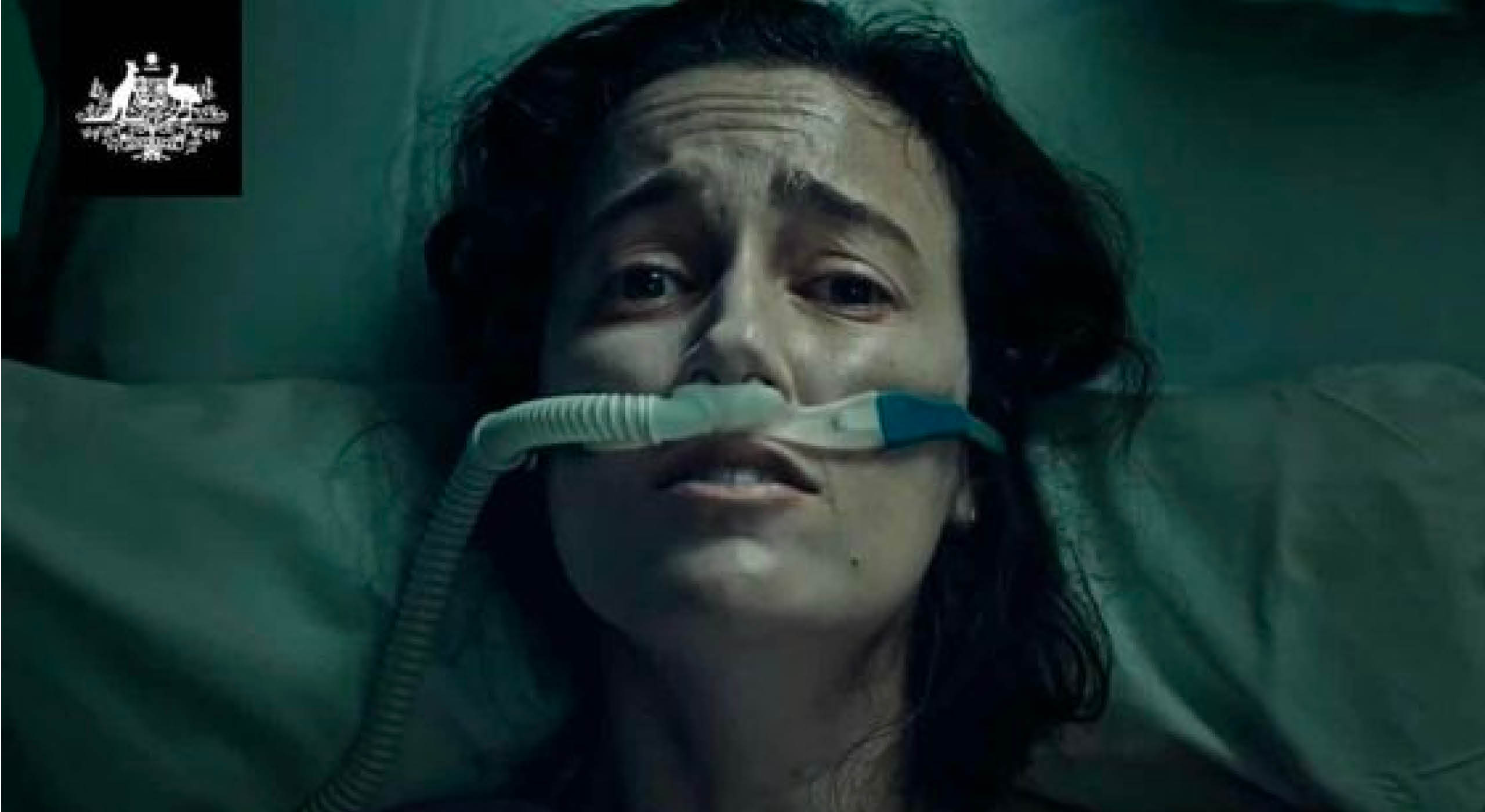
At present, only nine per cent of Australians have been fully vaccinated and we rank last in the OECD list of vaccinated countries.
So, what does it really take to convince people to get vaccinated (apart from the obvious: easy access, clear messaging and sufficient doses)? We asked the experts.
‘Influencers could make a real difference’
Sara McCorquodale, CEO and founder of CORQ influencer platform
“Influencers have the ability to connect with people on a personal level, especially younger people who aren’t watching the news on TV every night. If a reality TV star on Instagram or a gamer on Twitch posts about getting vaccinated, it can make their followers prioritise doing the same.
In Scotland, the government has hired influencers to talk about their vaccination experience, and in America, [pop star] Olivia Rodrigo just visited the White House to tell young people to get vaccinated.
When it comes to influencer marketing, the health authorities need to do their due diligence and use reliable and relatable people who have a positive relationship with their audience (and not someone who was called out for breaking lockdown restrictions). As much as we dismiss them, influencers are doing a phenomenal job at supporting their audiences through the pandemic, and they could make a real difference in the vaccine rollout.”
‘Fear doesn’t always work’
Helen Leahy, Pouārahi (chief executive) at Te Pūtahitanga O Te Waipounamu
“In May, we launched a social media campaign in New Zealand that viewed the vaccination through a Māori lens. The campaign drew on the concept of Tāwharautia, the traditional practice of protecting loved ones from harm, caring for elders and the community. It featured Māori leaders young and old, as well as advice from immunologists, so we had advice from both medical and cultural specialists.
People were pleased to see an informative message that encouraged them to make up their own minds. They appreciated the opportunity to participate in the decision, rather than being told what to do.
We know that using fear as a basis for a campaign doesn’t have universal results and that people are much more likely to want to take action to protect their children and family. That’s why we think our campaign has been successful – because it focused on the community rather than the individual.”
‘We need a clear deadline, reason and incentive to get the vaccine’
Michael Daddo, managing director of The Shannon Company, behaviour change communications experts
“It’s quite extraordinary the societal change we can achieve in this country: just look at our road safety, anti-smoking and drought campaigns. So, it’s mind-boggling that we haven’t had a cohesive narrative at a national level for the vaccination program. We have health advisors in Queensland disputing the Prime Minister’s advice and different experts saying different things.
We need a clear deadline, reason and incentive to get the vaccine, like in France where the government announced people can only go to restaurants if they are vaccinated and everyone rushed out to get their jab. It’s too late to say, ‘Get the vaccine or you might get sick.’ The Prime Minister needs to say, ‘By December everyone will have had the opportunity to get vaccinated and we’re opening up the country in January, so let’s all get vaccinated now so we can enjoy summer and travel again.’ There has to be one consistent message: get vaccinated and do it now.”
‘Offering a little perk – like free beer – might be the answer’
Tom Streater, publican at the Prince Alfred Hotel in Port Melbourne
“As a hospitality operator in Melbourne, we’re especially motivated to get people vaccinated. I’d seen Virgin Airlines announce that they’d offer free flights as a vaccine incentive and thought we could do the same at the Prince Alfred hotel, with free beer instead.
Two weeks ago, we posted on Instagram announcing we were slinging free drinks to anyone who came in with their vaccine card. The response was huge! It started with locals cheering us on and tagging their mates and saying, ‘Let’s get the jab and grab a pint.’
I think making the vaccine convenient and offering a little perk might be the answer to getting more people vaccinated
A local healthcare centre has been giving out free coffee vouchers after the jab, and in America Krispy Kreme is doing free donuts and weed dispensaries are offering ‘joints for jabs.’ People love a freebie, and if we can sweeten the deal to get them vaccinated, let’s do it.”
‘You need to listen to community beliefs and concerns’
Professor Julie Leask, behavioural scientist and vaccination expert
“The first step to ensuring people get vaccines is making them easily available. The rollout needs to be convenient and well-communicated.
The communication around vaccine programs is often thought of as one way. It shouldn’t be. In reality, it’s not sufficient just to broadcast out messages, you also need to listen to community beliefs and concerns, so you can respond accordingly.
We should have systems in place for listening to community sentiment, pulse surveys for tracking attitudes over time and social media listening strategies flagging concerns, rumours and misinformation, so conspiracy theories can be addressed. The vaccine strategy shouldn’t be one dimensional.”




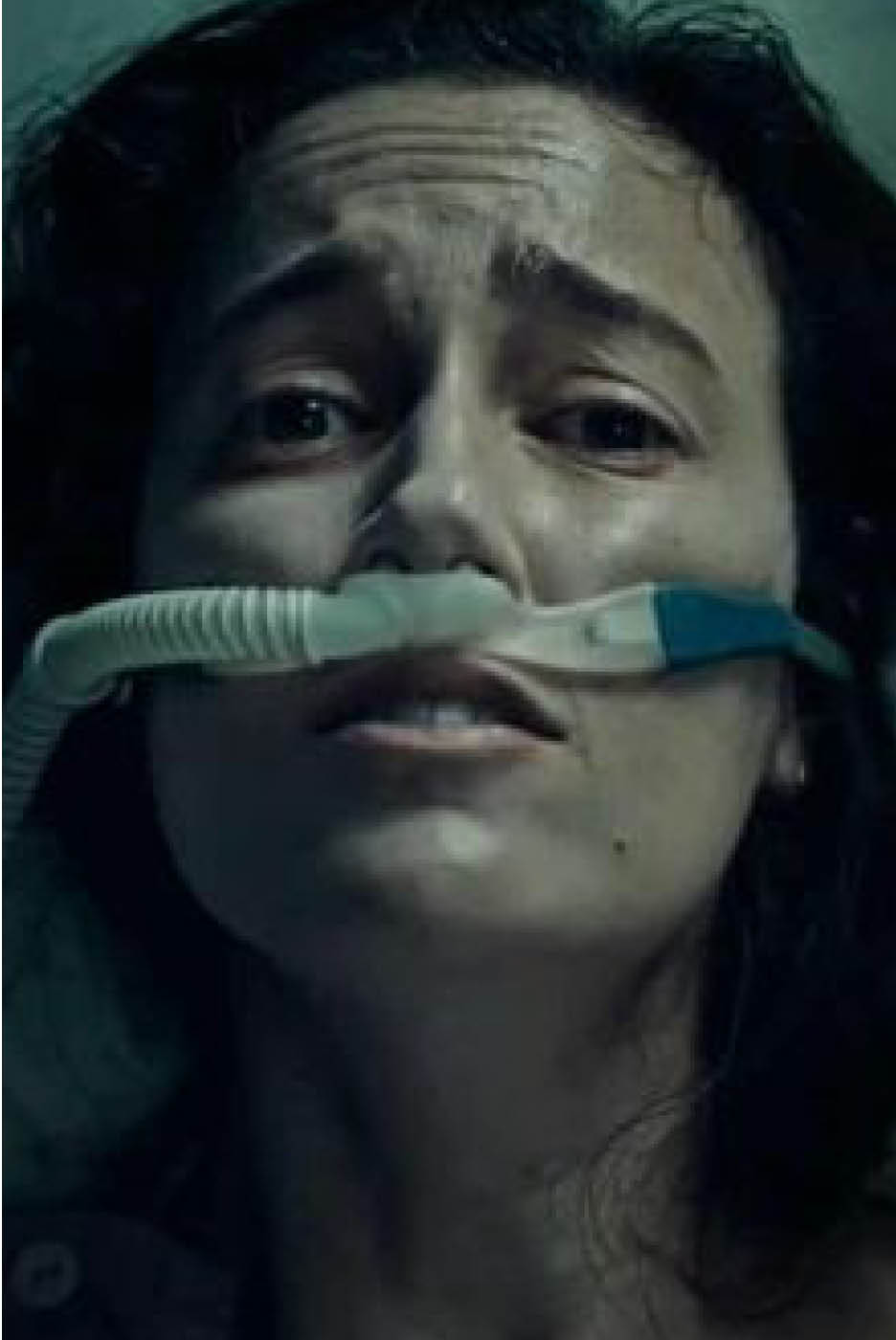
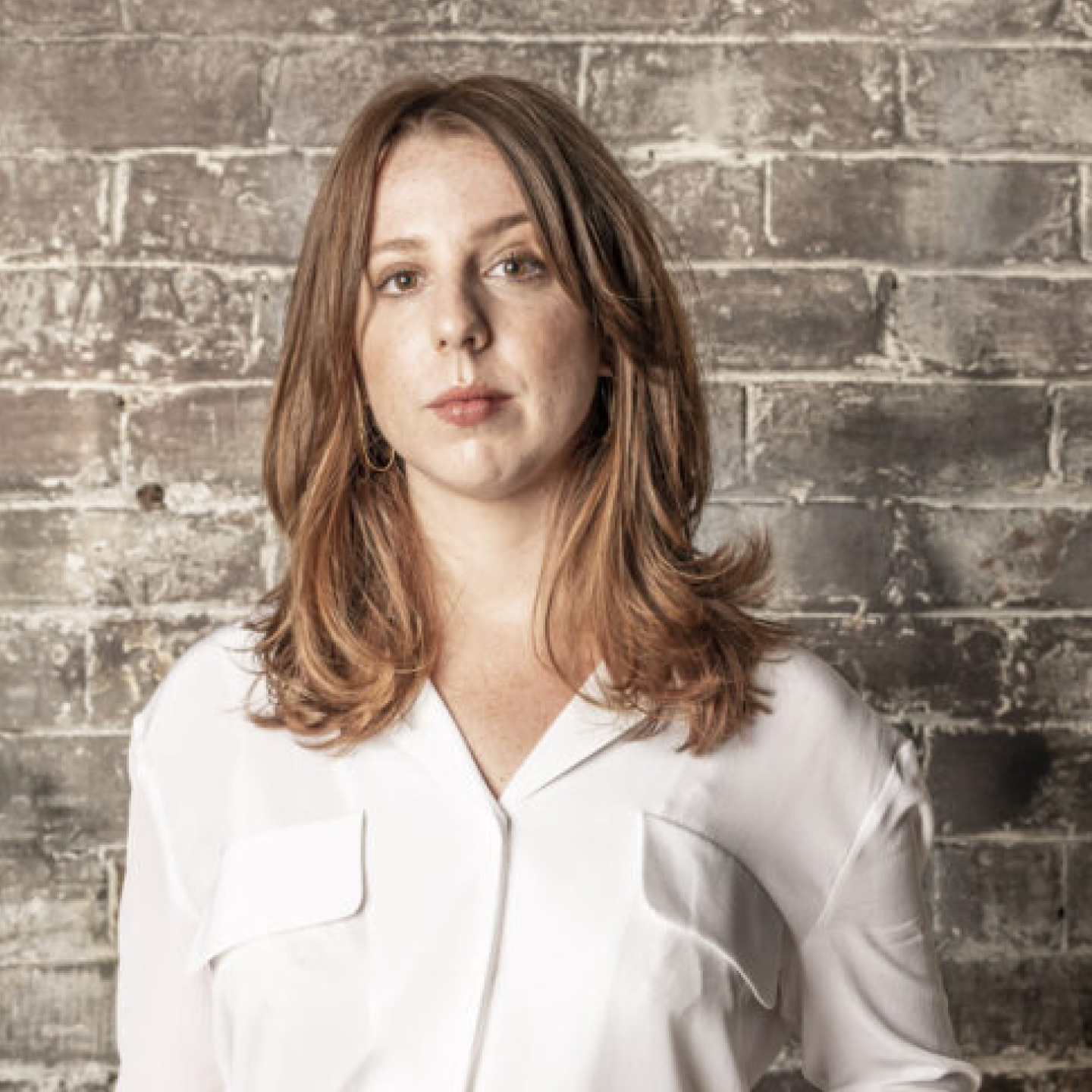


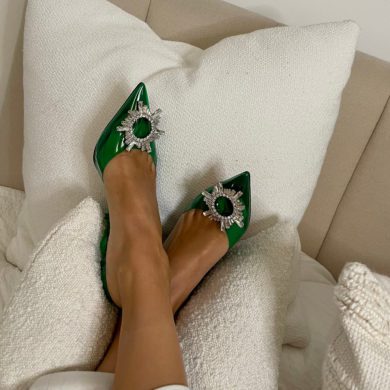
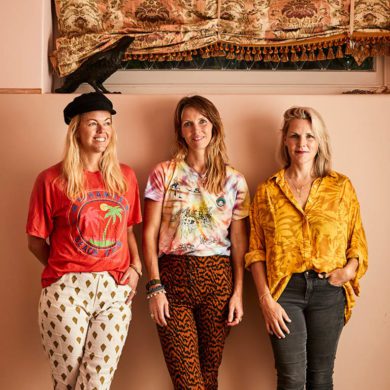
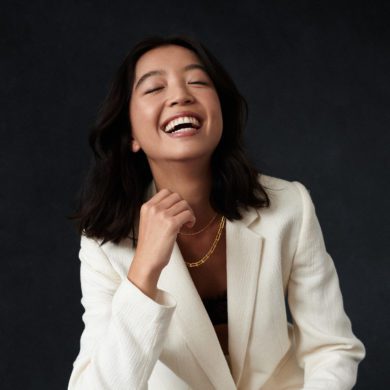



No Comments